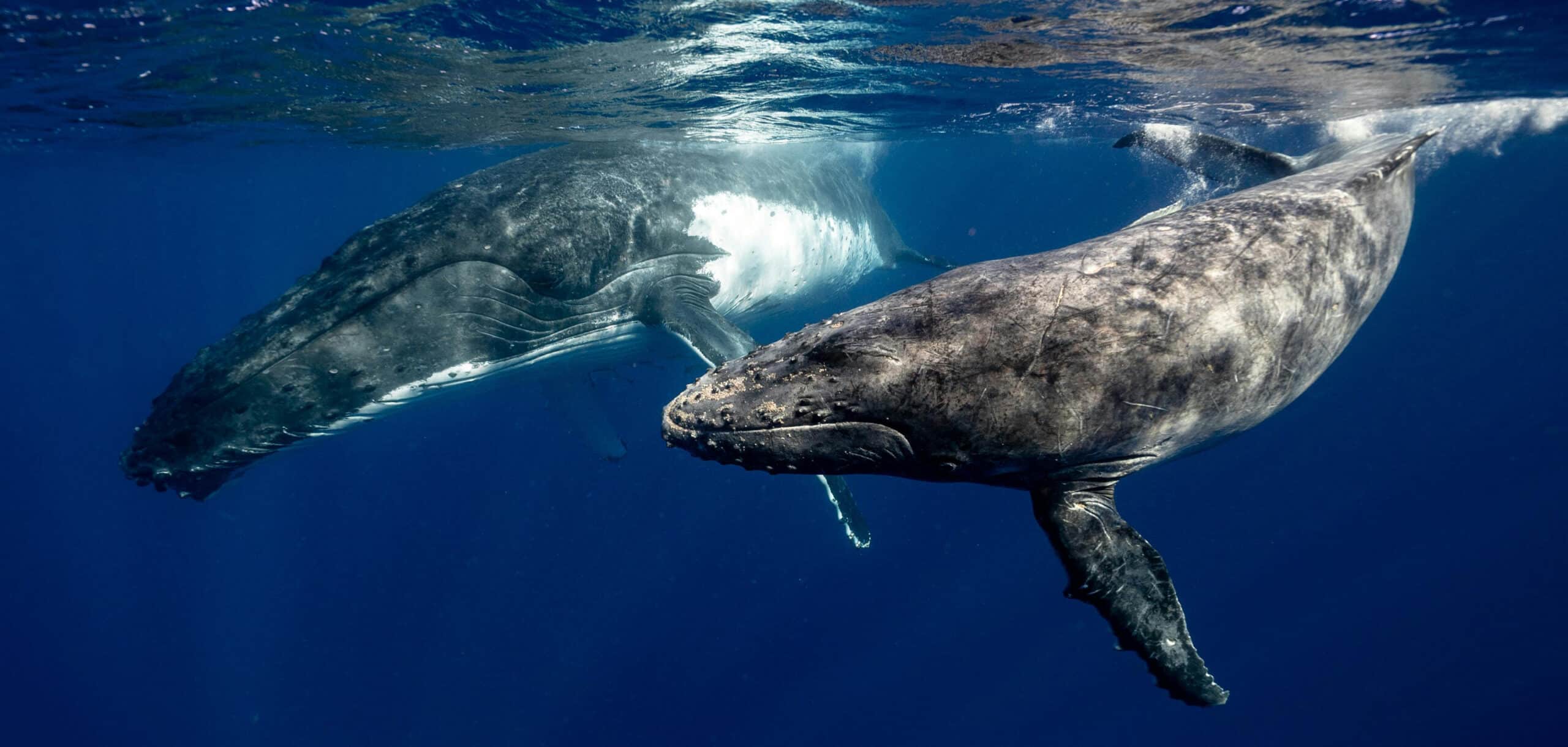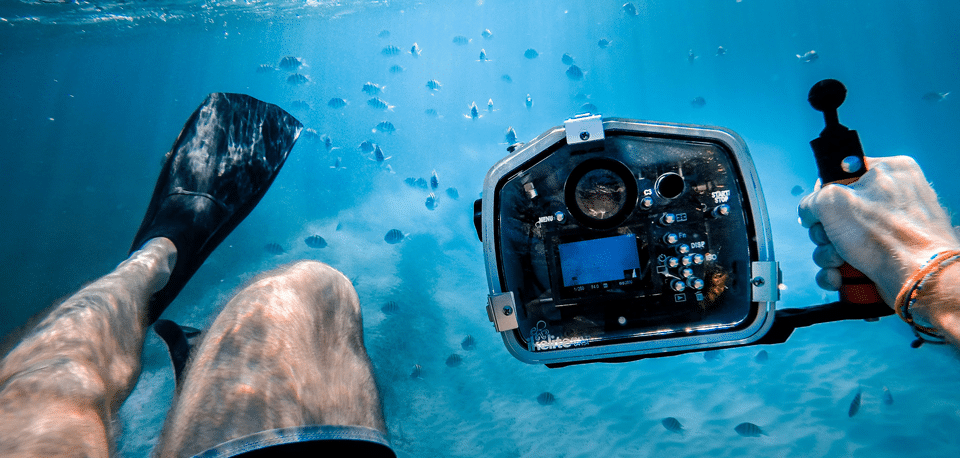EMBRC G20 policy recommendations
EMBRC releases its G20 policy recommendations for sustainable management and conservation of marine biodiversity.
These recommendations shaped the OCEANS20Communiqué, calling for G20Leaders to integrate the ocean into their climate, development, and trade agendas.
G20 leaders
Integrate biodiversity data into regulatory frameworks for industries to support decision making, reduce risks, and enhance sustainable business operations. Demonstrate the value of biodiversity observation by linking it to ecosystem services and industry impacts, such as aquaculture, fish stocks, carbon storage, and renewable energy, making it accessible and understandable to non-experts.
- Provide incentives, and public recognition encouraging companies to integrate biodiversity data sharing into their corporate social responsibility (CSR) programs.
- Implement and enforce regulations that require industries responsible for significant negative environmental impact on marine biodiversity to adopt sustainable practices
- Encourage the development and deployment of scalable, cost-effective, and reliable monitoring technologies, especially those that can be easily repaired and maintained (“right to repair”), to ensure they are accessible for widespread use, particularly in developing regions.
- Reform regulatory policies to be adaptive and inclusive of the latest scientific and technological advances, ensuring their continuous evolution alongside advancements in technology and scientific understanding.
- Increase investments in technology transfer, training, and infrastructure development in the Global South to enhance local capacities for marine biodiversity monitoring and management. This ensures equitable participation in global conservation efforts and supports the sustainable use of marine resources.
- Establish dedicated funding streams for ongoing marine biodiversity research, observation, and conservation eJorts, including innovative financial mechanisms like blue bonds and sustainability-linked loans. Ensure that these funding streams provide long-term support for sustainable monitoring systems.
Private Sector
- Commit to making marine biodiversity data openly accessible and FAIR to the public and other stakeholders. Establish a tiered data sharing framework where baseline marine biodiversity data is made publicly accessible, while sensitive or proprietary information remains protected.
- Invest in marine biodiversity research and conservation through corporate funding mechanisms and partnerships.
Foster public-private partnerships to develop and deploy innovative monitoring technologies, like bio-molecular techniques (DNA) , AI, and automated imaging systems, to meet industry needs for real-time data, including alerts for invasive species, toxic algae, and other threats. To enhance operational practices, helping industries to anticipate and mitigate environmental risks, thereby promoting business continuity and sustainability.
Support capacity-building initiatives through funding, technology transfer, and sharing expertise, particularly in developing regions, to strengthen local capabilities in marine biodiversity monitoring. Focus on long-term partnerships that benefit both conservation efforts and industry sustainability.
Scientific Institutions
- Promote the adoption of Open Science and the FAIR principles to ensure that marine biodiversity data is widely accessible and usable for various stakeholders.
- Establish sustainable biodiversity observatories that provide continuous in situ data, which is crucial for modelling ecosystem responses to changes. These observatories should adhere to minimum data standards and parameters to ensure the effectiveness of monitoring efforts.
- Leading research eJorts to co-develop advanced monitoring technologies with the private sector. They should focus on ensuring that the tools are scientifically robust, capable of providing critical data for understanding ecosystem responses to environmental changes, and identifying key data and indicators needed for accurate modelling and effective conservation strategies.
- Proactively engage with industry stakeholders, policymakers, and local communities using accessible language and practical examples that resonate with their needs and concerns.
Address knowledge gaps in marine biodiversity by conducting research that identifies key indicators and parameters needed for effective monitoring and conservation, supported by dedicated funding streams.
NGOs
Advocate for increased ocean literacy by connecting marine biodiversity to everyday issues that resonate with the public and promoting its relevance to critical global challenges like climate change and sustainable development.
-
Advocating for policies that create a supportive environment for these collaborations, emphasizing the importance of these technologies in achieving global conservation goals. They should also work to raise awareness of the need for accessible, scalable, and maintainable monitoring tools, ensuring broad public and policy support.
- Advocate for enhanced global funding for SDG 14 (Life Below Water), emphasizing its
critical importance despite being one of the least funded SDGs. Promote the idea that investing in marine biodiversity is essential for achieving broader global sustainability goals. - Promote biodiversity education and literacy across all stakeholder groups, including the private sector and government bodies, by developing outreach and awareness campaigns that highlight the importance of biodiversity. This ensures that all stakeholders are informed and engaged in the preservation of marine ecosystems.
The recommendations were developed following EMBRC’s Ocean Dialogues: a roundtable where marine observation experts from EMBRC, the Organisation for Economic Co-Operation and Development (OECD), The European Commission (DG MARE), FUGRO, London School of Economics and Political Science (LSE), and 4Climate s.àr.l.) discussed opportunities for sustainable marine management.












